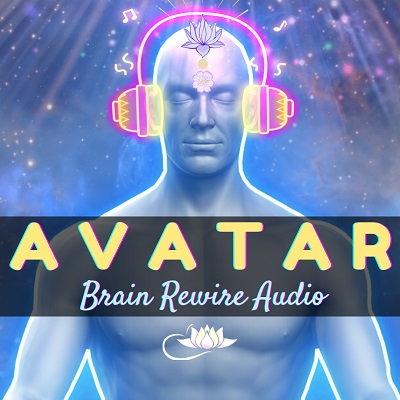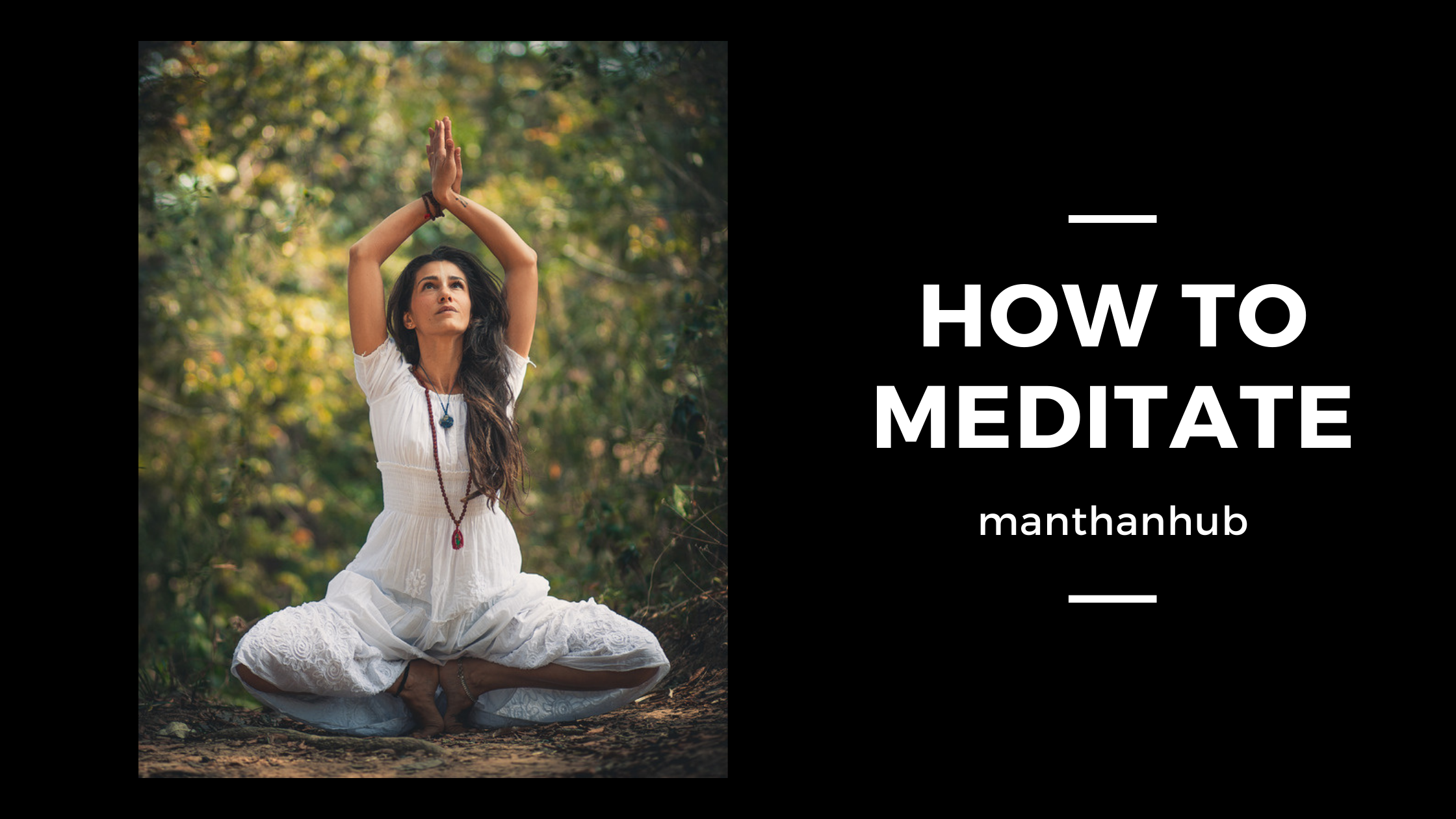
Would you wish to learn how to meditate? Are you interested in finding meditation for beginners?
Yes, it’s normal to seek out deep experiences in meditation, particularly once you have just started stirring. Are you aware that by simply ensuring a couple of straightforward things until you begin meditating, it is possible to really have a deeper expertise in meditation? The typical newcomer questions are how to meditate and the best way to meditate at home and the answer lies in following the easy pre-meditation methods.
What is Meditation?
and especially how meditation for beginners works.
How can you learn how to meditate? This custom of returning to the breath assembles the muscles of both focus and mindfulness.
When we listen to our breath, we’re learning the way to return to, and stay in, the current moment–to anchor ourselves in the here and on goal, without conclusion.
The theory behind mindfulness appears to be straightforward –the practice takes patience. Really, renowned meditation instructor Sharon Salzberg who is specialized in introducing meditation to beginners recounts her very first encounter with meditation revealed to her how fast the brain becomes caught up in different tasks. “I thought, alright, what is it, for example, 800 breaths until my head starts to ramble? And to my complete amazement, it had been only breath, and I would be gone,” says Salzberg.
Why Learn Meditation for Beginners?

While meditation is not a cure-all, it can surely offer some much-needed area in your own life. At times, that is all we will need to make better decisions for ourselves, our families, and our communities. And the most essential tools you may bring with you to your meditation practice and practice meditation for beginners are really important and are a bit of patience, a little kindness on your own, and a cosy place to sit down.
When we meditate we exude far-reaching and long-term advantages in our own lives. And bonus: you do not need any excess equipment or a costly membership.
Here are five reasons, meditation for beginners:
- Knowing your Anxiety
- Decrease Your Anxiety
- Connect better
- Boost focus
- Reduce brain Burnout
How to Meditate: Especially Meditation for Beginners

Meditation for Beginners is much easier (and tougher ) than most men and women believe. Read the following steps, Make Certain you’re someplace where you could relax into this procedure, set a timer, and also give it a chance:
- Have a chair: Locate a place to sit which feels serene and silent to you.
- Establish a time limit: you are just starting, it can help choose a brief time, for example, five or 10 minutes.
- Notice that your body: It is possible to sit at a chair with your feet on the ground, it is possible to sit cross-legged, you are able to squint –are fine. Just be sure you’re secure and in a position, it is possible to stay in for some time.
- Adhere to the feeling of your breath as it moves in and as it goes outside.
- Notice if your mind has wandered: Inevitably, your focus will depart the breath and also wander to other areas. When you get around to discover that your mind has wandered–in a couple of seconds, a minute, five minutes–only return your focus on the breath.
- Do not judge yourself and obsess over the material of all the ideas you end up missing. Only return.
- When you are ready, gently lift your gaze (in case your eyes are closed, then start them). Have a minute and notice any noises from the environment. Notice the way your body feels at this time. Notice your thoughts and feelings.
That is it! That is the Practice. You move away, you return, and you attempt and do it as generously as you can.
FAQ
1. How Much Should I Meditate: Manthanhub meditation for beginners?
Meditation for beginners isn’t any more complex than what we have described previously. It’s that easy… and that hard. Additionally, it is effective and worthwhile. Meditation teacher Sharon Salzberg states in regards to Meditation for Beginners: “Among my meditation instructors stated that the most significant time in your meditation practice is the minute that you sit down to take action. Since right then you are saying to yourself that you think in turn, you think in caring for yourself, and you are making it actual. You are not only holding some worth like mindfulness or empathy from the subjective but actually making it real”
2. Meditation for beginners: Tips and Techniques
We have gone over the basic breath meditation up to now, Meditation for Beginners, but there are other mindfulness methods that use distinct focal points than the breath to anchor our attention–external objects such as a noise in the room, or something wider, such as noticing spontaneous things that come into your awareness through an aimless wandering practice. But all these practices have something in common: We notice that our heads ARE running the show a lot of the time. It’s true. We think thoughts, typically, and then we act. But here are some helpful strategies to change that up.

3. How to Make Mindfulness a Habit
It’s estimated that 95 percent of our behaviour runs on autopilot. That is because neural networks underlie all our customs, reducing our millions of sensory inputs every second to manageable shortcuts so we can function in this crazy universe. These default signals are so efficient that they often make us relapse into old behaviours before we recall what we meant to do rather.
Mindfulness is the exact opposite of those default processes. It’s executive control instead of autopilot and empowers deliberate activities, willpower, and decisions. But that takes clinic. The more we activate the brain, the stronger it gets. Each time we do something new and deliberate, we excite neuroplasticity, activating our grey matter, which will be full of newly sprouted neurons that have not yet been groomed for an “autopilot” brain.
But here is the problem. While our deliberate brain knows what is ideal for us, our autopilot brain induces us to shortcut our way through life that’s why we created this article “Meditation for Beginners”. Just how can we trigger ourselves to be mindful when we need it most? This is where the idea of”behaviour design” comes in. It’s a way to put your intentional mind in the driver’s seat. There are two ways to do that–first, slowing the brain by placing obstacles in its way, and second, removing obstacles in the path of this intentional brain, so it may acquire control.
Also read:- Things you Really Need For Success in Your life
Manthanub has trained lots of people to achieve celibacy via their youtube channel and through their courses. You can take exclusive courses of manthanhub for your tremendous transformation. For getting more details about the courses you can click here.
ARTICLE INSPIRATION:- CLICK HERE
Buy Avatar Brain Rewire In English

Go For Aryamaan Hindi Course Full

how to increase serotonin production in the guthow to increase serotonin production in the guthow to increase serotonin production in the guthow to increase serotonin production in the guthow to increase serotonin production in the guthow to increase serotonin production in the guthow to increase serotonin production in the guthow to increase serotonin production in the guthow to increase serotonin production in the gut
Also Read :
- Kundalini Yoga Benefits
- Can Ayurveda Cure Digestive Problems?
- Benefits of planting Tulsi at home
- Reasons behind why not to eat onion and garlic?
- How to Cure Depression with Yoga
- Best ways to start your day positively
- 15 Tips to Make Your Diet Healthier
- Benefits of walking daily





your tips helped me in my deep meditation subscribed to your blog.